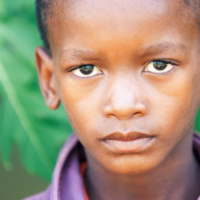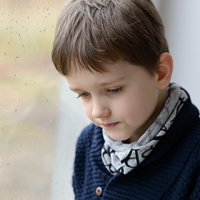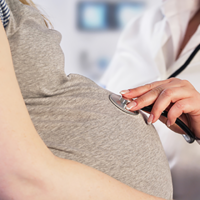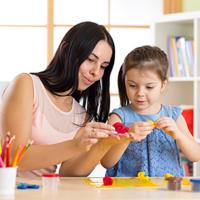ACAMH Website Content Types
-

Child soldiers exposed to more violence and combat are at greater risk of mental health problems
Sadly, the involvement of children in armed conflict is increasing,1 and leads to a higher risk of developing mental health problems.
Read more -

‘Cool Little Kids’ helps reduce later anxiety symptoms but not broader internalising problems
Children with a shy/inhibited temperament are at risk of developing internalising problems later in life.1 Unfortunately, the responses to such behaviours by some parents — such as overprotective or harsh parenting — can add to this risk.
Read more -

Preterm infants have social cognition deficits which improve in childhood
Researchers at the University of Edinburgh have investigated social attentional preference and its relationship with neurodevelopment in preterm infants.
Read more -

Can we prevent psychosis in high-risk adolescents?
Over the past two decades we’ve seen growing efforts to prevent psychosis developing in people with subtle signs and symptoms of the disorder, termed ‘Clinical High-Risk State for Psychosis’ (CHR-P).
Read more -

January 2021 – The Bridge
This issue of The Bridge features summaries of recent child and adolescent mental health research. I hope you enjoy reading about this excellent work which improves our understanding of a wide range of conditions and informs mental health care for young people.
Read more -

Can childcare attendance reduce externalising behaviour in children exposed to adversity?
Childcare attendance has been proposed as a public health initiative to help close the developmental gap between children from disadvantaged families and their wealthier peers.1,2 Now, Marie-Pier Larose and colleagues have investigated whether childcare attendance might modify the association between exposure to family adversity early in life and later externalising behaviour by buffering cognitive function.
Read more -

Emotional abuse during childhood is linked with differences in brain structure
Delia Gheorghe and colleagues at the University of Oxford have harnessed data from the UK Biobank to delineate the relationship between adverse experiences and brain structure. The researchers accessed brain imaging data together with retrospective reports of childhood adversity and adulthood partner abuse from more than 6,000 adults (mean age, 62.1 years).
Read more -

Mothers’ prenatal BMI is linked with foetal brain connectivity
New data suggest that a high maternal prenatal body mass index (BMI) is associated with differences in functional connectivity in the foetal brain that might confer a risk of mental health and cognitive problems in childhood.
Read more -

How does parenting style affect development in infants with a visual impairment?
Earlier this year, researchers from Great Ormond Street Hospital and the UCL Great Ormond Street Institute of Child Health in the UK published their latest findings from the OPTIMUM project: a national, longitudinal study investigating early development and interventions for young children with visual impairment.
Read more -

How much do we really know about ‘Theraplay’ for young children?
‘Theraplay’ is an intervention that aims to enhance attachment, self-esteem and trust in others for children with behavioural, emotional or developmental difficulties. The intervention, founded on attachment theory,1 harnesses natural and playful interactions between caregivers and children to develop healthy and positive relationships.
Read more